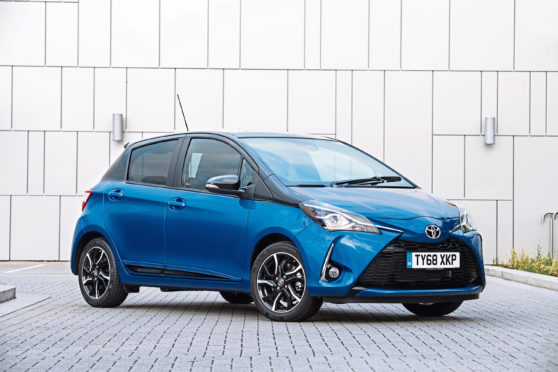Some people look for a second hand car that looks great, goes like stink and handles beautifully.
The vast majority, however, just want something that won’t break down on them.
They’ll be glad to hear the Toyota Yaris has been named the country’s most reliable second-hand car purchase in a survey of owners, scoring a near-perfect reliability rating of 99.1%.
Consumer magazine What Car? surveyed 18,000 drivers who owned a vehicle between four and 10 years old, with Japanese manufacturers dominating the top 10 most reliable vehicles.
The Yaris took top honours, with just 9% of owners reporting a fault with their car.
Second place went to a car from Toyota’s sister brand Lexus – the CT. Built from 2011 onwards, the hatchback scored 98.8%, and was followed by the 2011–2018 Audi Q3 diesel, which scored 96.5%.
Honda fared very well in the rankings, with three of its recent models – the Civic diesel, CR-V and Jazz – in the top 10.
The rest of the list of most reliable cars included the Mitsubishi ASX, Seat Leon, Lexus RX, and Volkswagen Touareg.
The survey also revealed the used cars most likely to develop a fault. The dubious honour of least reliable used car went to the BMW 1 Series, built between 2004 and 2011, scoring just 40.1%. Nearly a third of owners reported a fault with their car, with battery and engine problems being the most common issues. Repairs for the German hatchback cost up to £1,500.
It was followed by the 2008 – 2012 Ford Kuga, which scored 44.2%, while Nissan was the only Japanese manufacturer to be found near the bottom of the table – its popular Qashqai crossover received a reliability rating of just 55.4%.
The survey found that across all vehicles, nearly a third of owners had suffered a fault with their car, but 22% said the manufacturer had picked up the repair bill under warranty.
jmckeown@thecourier.co.uk
